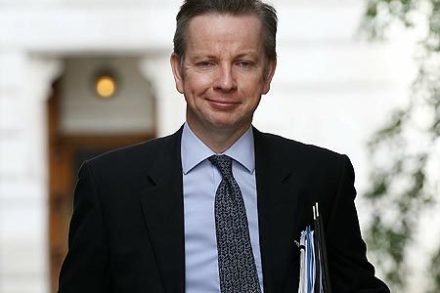The world is now in China’s hand
The world is undergoing a permanent shift of power from West to East, with China being the biggest beneficiary and middling states (like Britain) likely to be the biggest losers. The government may, in the words of William Hague, reject any kind of strategic shrinkage. But if China’s economy continues to grow at even half the rate it has developed until now, Britain will end up looking small no matter what policy it pursues. What is the best way to deal with a country like China, which on current projections, will have a larger economy than the United States by 2050? How best to position Britain if the US and


















